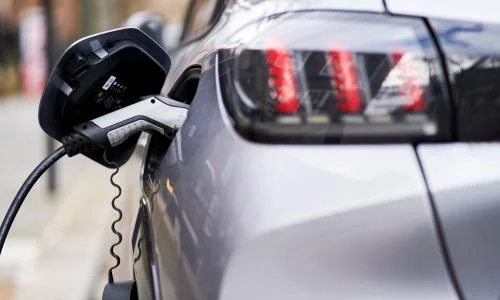new report has shown that the UK is at risk of a drastic slowdown in its transition to electric cars because of big disparities in the availability and cost of charging points, especially in poorer areas.
The study, which was undertaken by the consultancy Stonehaven, argues that given rapid advances in batteries and car range, persuading more people to move to electric vehicles is now less an issue of technology than one of “urban management and social equity”.
It cites London, which has the UK’s highest usage of electric cars, as an example of what the report’s authors call a lack of coherent strategy over on-street charging points, which are left to individual councils to install. This has led to huge variations in provision, with one London borough, Harrow, having 63 charging points, compared with nearly 2,700 in another, Westminster.
Read also: UN says 2024 caps hottest years on record
The report says the evidence points towards such infrastructure being disproportionately available to people in richer areas, and less so to those who would be more likely to benefit from being able to use an electric vehicle.
The study, taking another example from London, says the two outer boroughs of Bexley and Havering have a combined 14,000 people who work in the transport and storage industries, and there are just 260 public chargers between them. By contrast, in the more central borough of Hammersmith and Fulham, 3,000 people have such jobs and there are more than 2,600 chargers.
It notes, however, that public charging is only part of the challenge, given how much more expensive this tends to be than charging an electric car at home – between six and 10 times more costly, the report calculates.
It is illegal to run a cable along a pavement, meaning the only people who can use domestic charging are those with driveways or other off-street parking. Even if people do flout the law and use a cable from their home, this depends on them being able to park directly outside.
Those able to charge a car from their domestic power can use specific electric car night-time tariffs, which can be as low as 7p/kWh. In contrast, public chargers cost 50p-75p/kWh, a higher cost-per-mile than petrol, the report says. Adding to the disparity is the 20% VAT charged for this, while home charging has a 5% rate.
Story was adapted from the Guardian.
